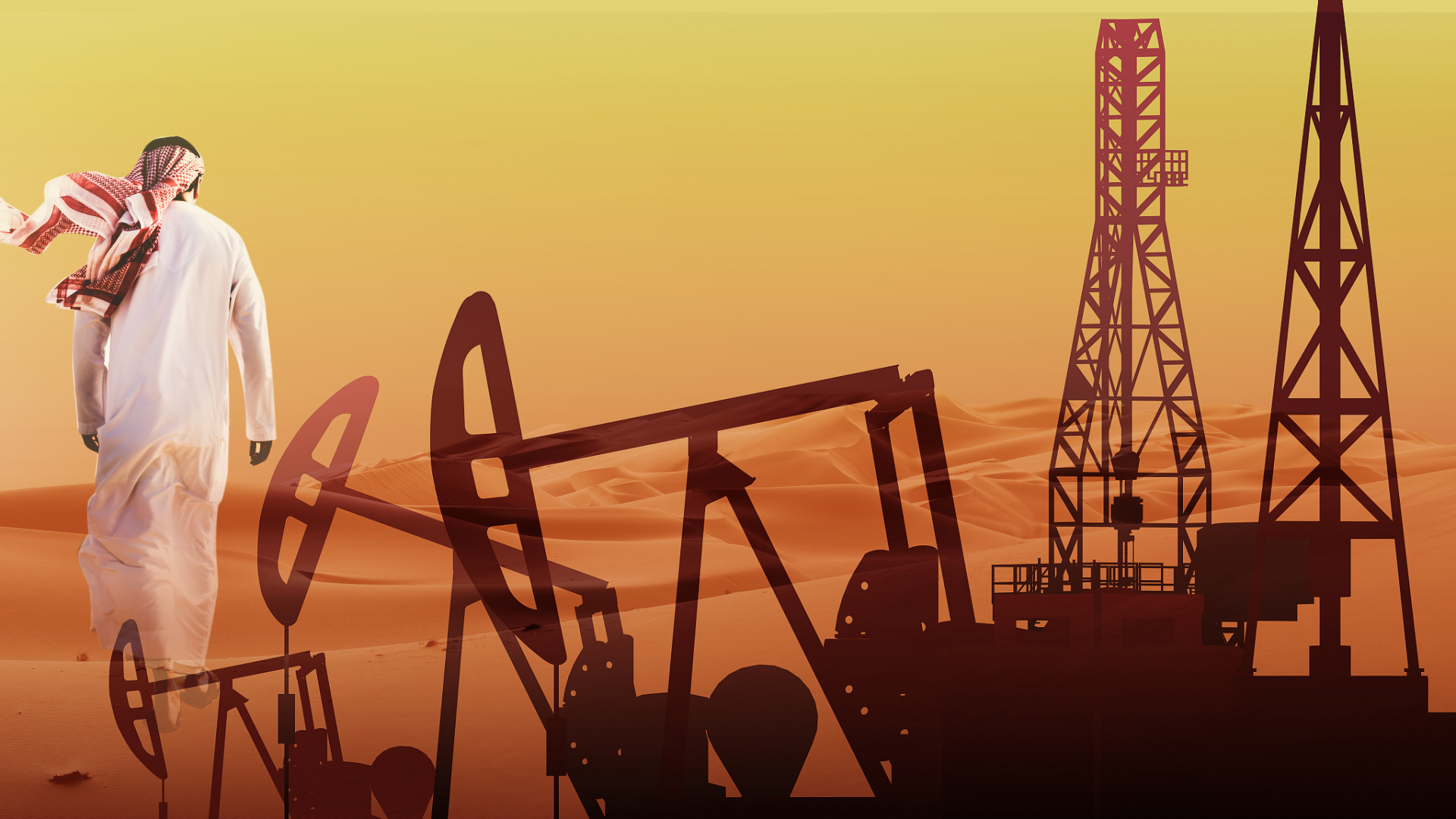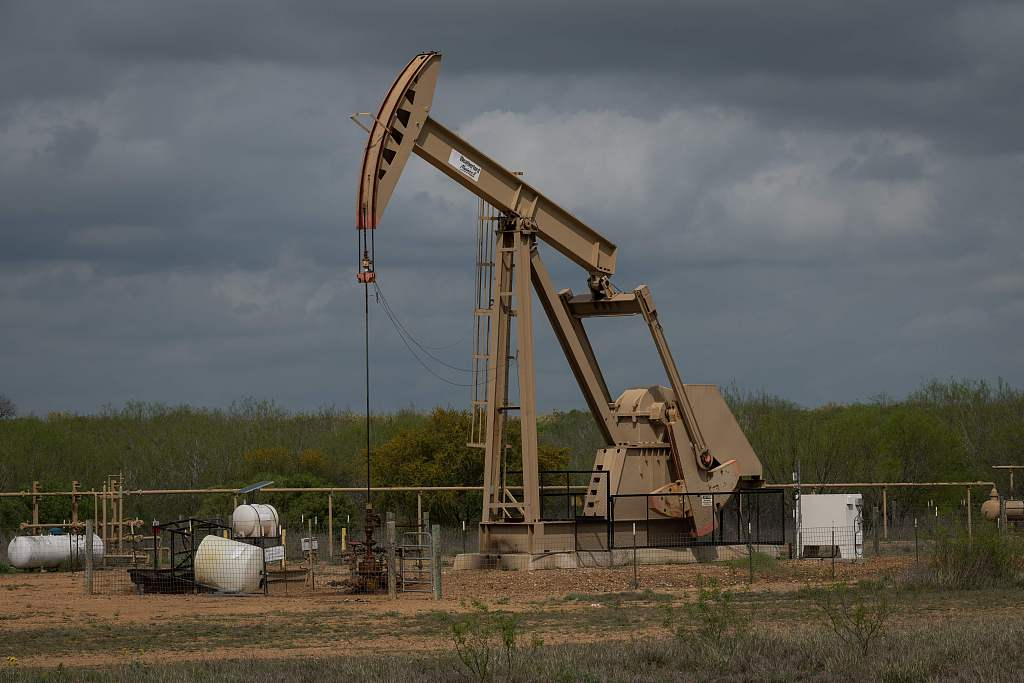01:07

The global oil market has witnessed soaring prices after a series of drone strikes on Saudi Arabia's largest oil-processing center on September 14. The attack knocked out 50 percent of the kingdom's oil output, which is about 5 percent of global daily oil production.
The attack is not just a loss to Saudi Arabia but also a loss to the entire global supply chain of the oil industry, stressed Professor Zha Daojiong from Peking University.
He also pointed out that Saudi Arabia is supposed to diversify its economy, for being a single industry economy carries a lot of risks, and China's Belt and Road Initiative is conducive to the diversification.
Although Yemen's Houthi rebels have claimed responsibility for the drone strikes, U.S. Secretary of State Mike Pompeo placed the blame squarely on Iran and said the attacks did not originate in Yemen. Iran rejected such an accusation and stated that the U.S failed at "max pressure" and turned to "max deceit."
Zha considered that the "blame game" is understandable but in many ways going in the wrong direction. Saudi Arabia is the so-called "swing producer" of oil, and we should consider its stability of oil supply at the global commons. It is global responsibility to stabilize the oil production of the Kingdom.

An oil extraction site. /VCG Photo
An oil extraction site. /VCG Photo
Richard Weitz, a security expert at Wikistrat Global Consultancy, maintained that Iran benefits in multiple ways from this attack. Economically, the attack weakens Saudi Arabia's ability to buy weapons and its ability to compete with Iran.
Besides, there's pressure being generated to relax sanctions on Iran for great export of oil to fill the gap. Strategically, it exposes the vulnerability of Saudi defenses, and also put pressure on the U.S. when the U.S. would prefer to just sit back and let the sanctions force Iran to make a concession.
Ghanbar Naderi, columnist with Kayhan International in Teheran, emphasized that Iran has nothing to do with the ongoing war in Yemen. This is a war between Saudi Arabia and Yemen.
There's no doubt that Houthis have got some weapons from Iran, but at the end of the day they're free to use it in the way they wanted. Iran is not giving them marching orders to attack their neighbors, let alone the Saudi oil facilities.
Furthermore, Iran doesn't want confrontation with the United States and its allies, and has already asked Saudi Arabia to sign a security pact in order to continue stabilizing the region.
Iran even signed the nuclear deal to prove to the international community that it's not seeking nuclear weapons. Naderi also added that China is a trustworthy partner of Iran, and Iran welcomes any kind of help from the outside powers in order to stabilize the region.
(If you want to contribute and have specific expertise, please contact us at opinions@cgtn.com)